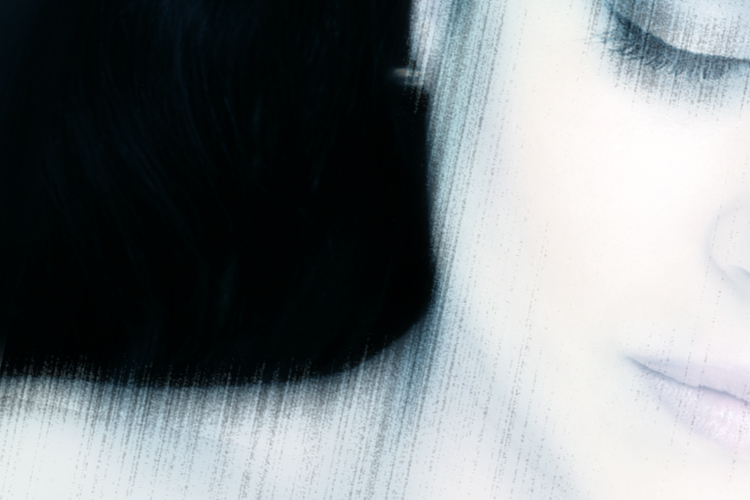One of my favorite memories is me at 21, wandering some city in Europe, in a blue dress, unwashed, drunk on vodka, hair full of sun and cigarettes, laughing with close friends who at night would turn into accidental lovers. We were going to live forever, of course, and we were always going to be drunk and it was always going to be summer. Then came the deadly winters that no one talked about; when you got too anxious and couldn’t take it anymore, you went to the bar and you’d find a way to make it to the next warm season.
I first came to terms with being an alcoholic at 27. But even when I quit drinking, recklessness beckoned: I still did too much of everything — staying up late, speeding on my bike, being careless with my body and my health. Even my pregnancy didn’t slow down me down. I was the woman with the hugely swollen belly dragging buggies filled with grocery bags and potted plants balanced precariously on top of them. I would not rest; I had a beautiful garden that year.
And that, not alcohol, was the real problem: the desire to let abandon take over everything. I’m addicted to the numb feeling I get after I get drunk, or high, or engage in any dangerous activity to escape my anxiety. After I had been sober again, from alcohol, for a year, I found a new way to unplug. For a month and a half, I only visited the planet Earth for brief moments; the rest of the time was spent in a haze I’d achieved from a combination of prescription and over-the-counter medicine.
The final time I indulged in my magical concoction, I almost checked out for good. I awoke in the psychiatric emergency room. My friend and my sister were with me, their faces gentle but serious. The toxicology report showed a lethal combo of chemicals. I hardly knew what was in the innocent pills I had been taking; I just knew it was making me numb, good. My doctor asked later, during our post-emergency visit, why I wanted to kill myself. I insisted I didn’t. I’m all nerves, I told her, I just wanted a little break. That little break almost killed you, she said.
That’s when I realized it wasn’t the booze or the pills that I needed to quit. I had to quit checking out; I had to quit giving myself over to recklessness. Ultimately, I prefer to live. But life is complicated. Life means waking up every morning with the tight hand of anxiety opening and closing on my esophagus. For a while, I took Prozac to cope with that problem, and although it didn’t give me the abandon that I was seeking, it left me chemically content and disconnected. My fretful thoughts floated in a balloon above me as I went around and marveled at the fact that I was so strong I never cried, or got too mad, or orgasmed, for that matter.
Life after quitting abandon wasn’t easy. I decided to quit everything chemical, including Prozac, to stop numbing myself. I’m not condemning Prozac. It works for some people, and the drug helped keep the angst in check, but I think I need to be a little raw to stay alive. In a twisted way, I now live with the constant urge to lose myself and abandon everything, and that feeling makes me keep the recklessness under control. It makes me put on a bike helmet when I leave my house in the morning, put the headphones away, ride on the correct side of the street, pay attention to signs and cars around me. Pay attention, period.
Some days my anxiety feels like death and the craving to do something to rid myself of it is very strong. Even lying flat in my bed I can feel it. I think: I could get up, with my eyes still closed, and just start to run. Depending on where I am, I could run into a window, a wall, a mirror. I could fall out this window and break my neck, my head could smack into the wall and cause my skull to cave in and kill me, the mirror could shatter all over and slice right into my arteries. Anything is better than this anxiety. But anxiety serves a purpose and the purpose is to survive. Anxiety is a thin, golden wire always digging into my skin. It’s an instinct that gets me through the day. Because the reality is that even though I’m lying in my bed, thinking of ways to end the discomfort, I’m also painfully aware of everything that is painful. And I also know that all of this will pass but I don’t need to abandon myself to let it.

